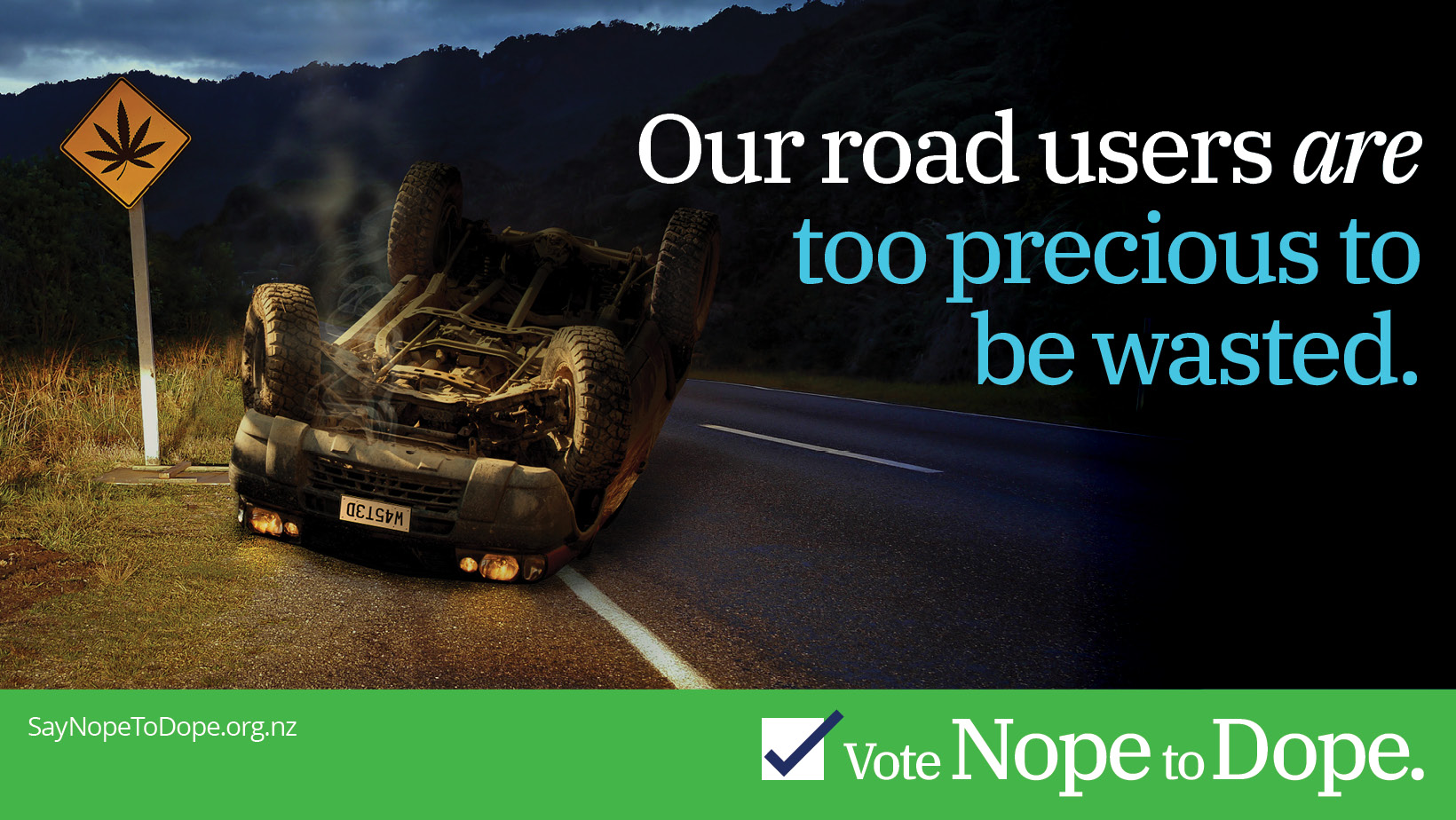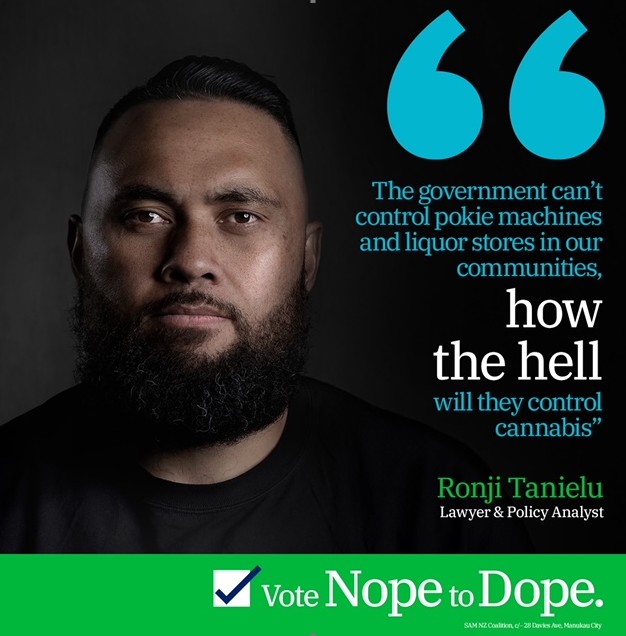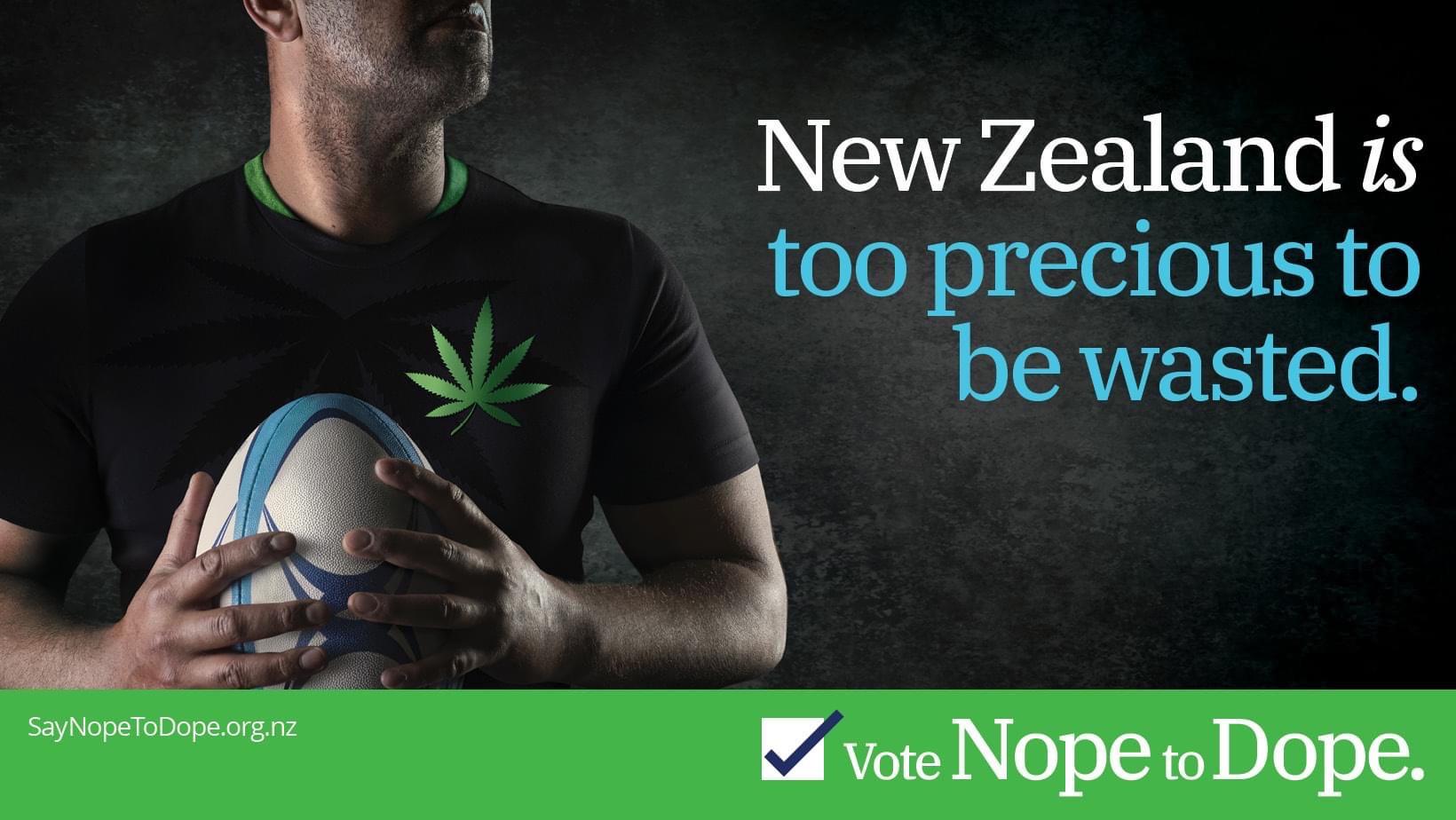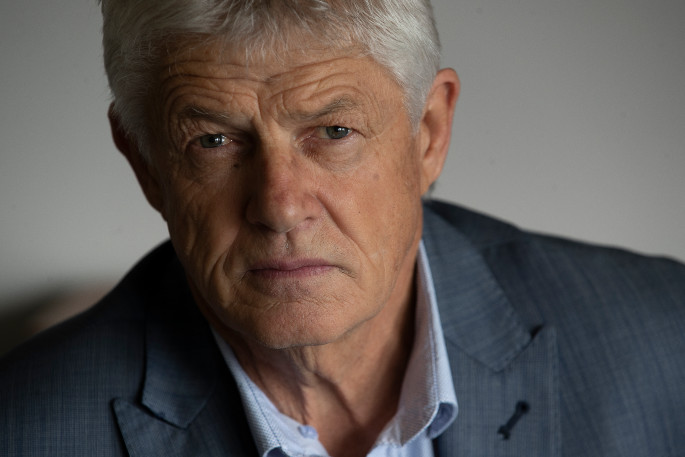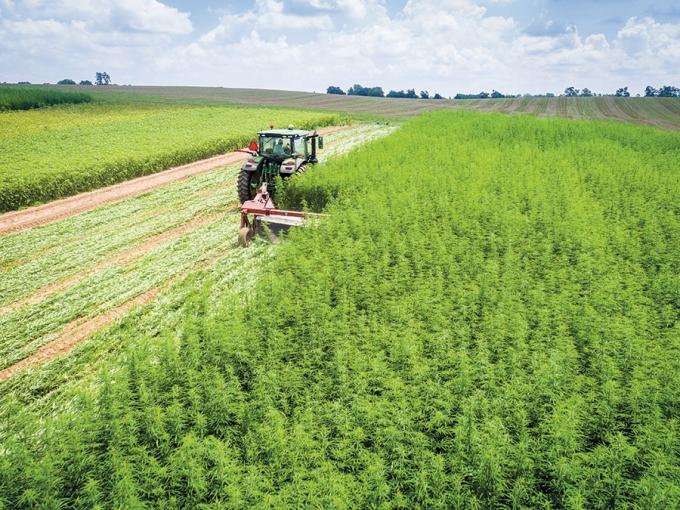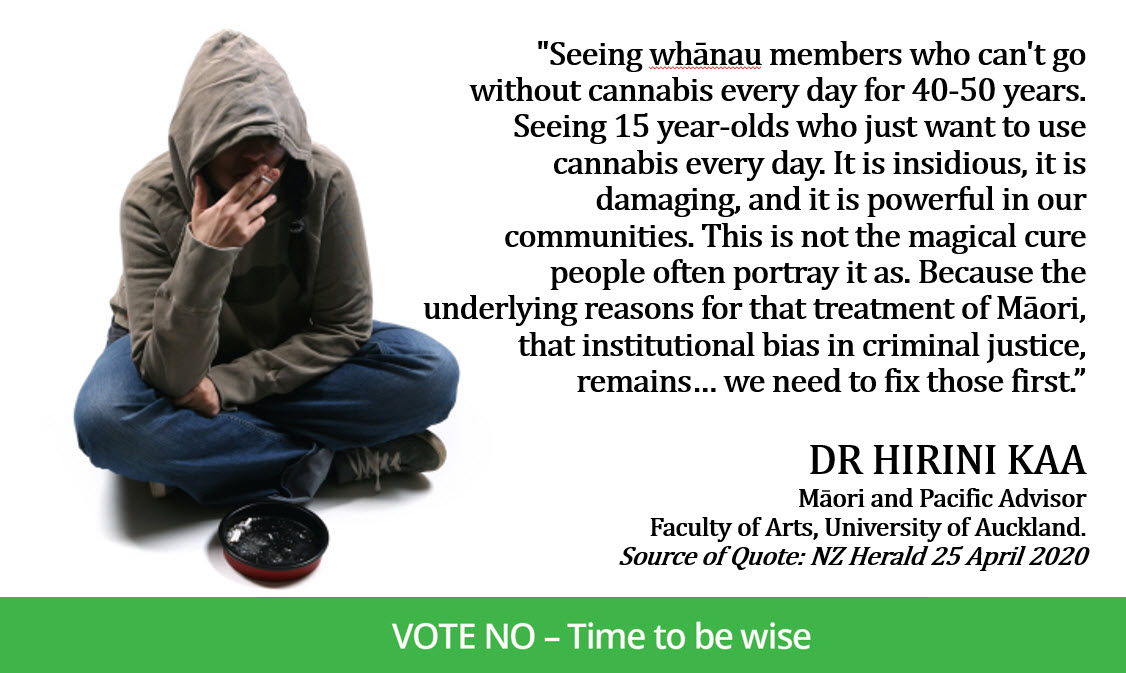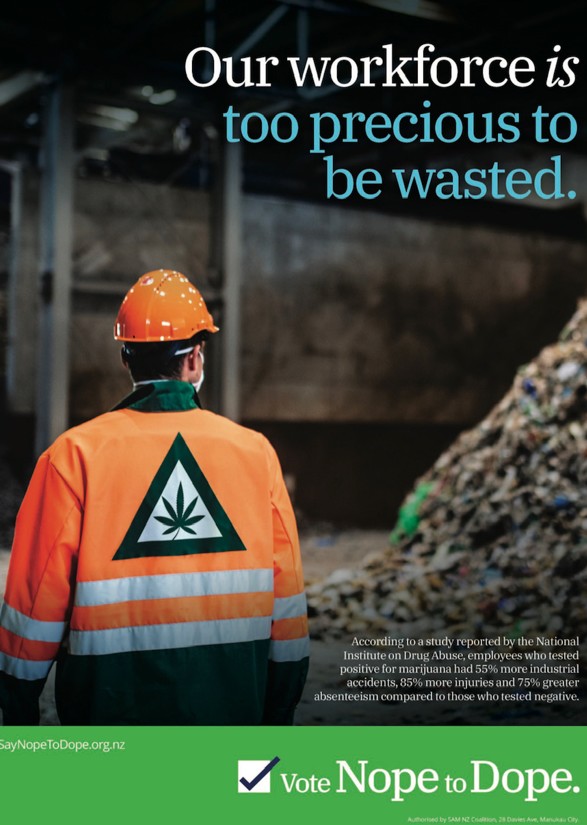
NZ Herald 9 October 2020
Our additional comment: Studies have proven that both short-term and long-term use of cannabis can impair staff performance and impact on health and safety. “Cannabis particularly affects people operating machinery and tools and driving vehicles,” said Kirk Hardy, CEO of The Drug Detection Agency (TDDA). “Drug-impaired employees tend to cause more accidents and have slower reaction times. Cannabis use can reduce mood, memory, motor-coordination, and decision-making ability.”
Many employers are hazy on how the cannabis law reform referendum could affect workplaces.
Can staff smoke a spliff at work? Can you drug test staff if they are stoned? Will workplaces be able to enforce drug testing procedures for a lawful substance?
If New Zealand legalises the recreational use of cannabis, workplaces should review drug and alcohol policies and testing procedures.
Reduce risk of impairment
Cannabis is the most commonly used illegal drug in New Zealand. If cannabis is legalised following the referendum, it will become regulated and more widely accessible.
Studies have proven that both short-term and long-term use of cannabis can impair staff performance and impact on health and safety.
“Cannabis particularly affects people operating machinery and tools and driving vehicles,” said Kirk Hardy, CEO of The Drug Detection Agency (TDDA).
“Drug-impaired employees tend to cause more accidents and have slower reaction times. Cannabis use can reduce mood, memory, motor-coordination, and decision-making ability.”
READ MORE: https://www.nzherald.co.nz/business/julia-shallcrass-how-to-prepare-workplaces-for-cannabis-reforms/VZ6JQ6S4BGA4WMOX2BI3PR2EN4/



